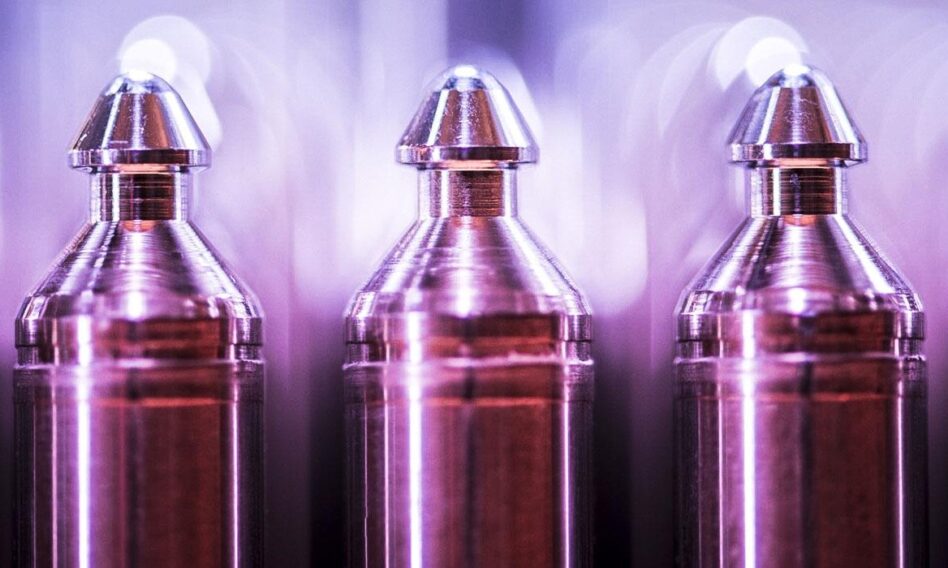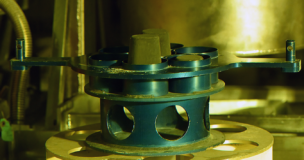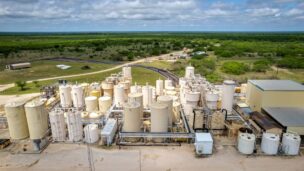The US doesn’t recycle its nuclear fuel. Instead, once it’s been used for a few years in a light water reactor (LWR), spent uranium sits in dry cask storage at one of the 70+ storage sites in the US, collecting dust.
For companies with experience turning spent fuel from reactors into medical isotopes or usable fuel for LWRs and advanced reactors, those repositories look like an opportunity.
Last week, two companies—Orano, a nuclear firm focusing on fuel management and reactor decommissioning, and SHINE Technologies, a nuclear startup building recycling tech on the path to a fusion reactor—signed an MoU to explore building a fuel recycling facility in the US.
- If it shakes out, it would be the first facility in the US to reprocess spent uranium.
- The partnership would focus on building a reprocessing facility to turn 100 metric tons of spent fuel into LWR fuel, advanced reactor fuels, and useful isotopes each year.
“The spent fuel created over the last…50 years and more is a huge liability for the US government,” Jean-Luc Palayer, CEO of Orano USA, told Ignition. “Our goal with SHINE Technologies is to turn this liability into a huge asset.”
Take a step back: The uranium rods powering the 90+ nuclear reactors across the US have a lifetime of three to seven years, depending on their enrichment levels, before they can no longer sustain a fission reaction.
- At this point, the rods are removed from the reactor, first to a pool to cool down, then later to dry cask storage.
- Spent low-enriched uranium (LEU) generally still holds ~90% of its potential.
- Fuel recycling is common in Europe, particularly in France, where Orano USA’s parent company is based and has been reprocessing fuel for 50+ years.
To date, the US has restricted domestic nuclear fuel recycling due to proliferation concerns, but that could be changing. The Biden administration is more open to ending the moratorium on recycling in light of the potential benefits of recycling fuel, according to an analysis by Physics Today.
Next steps: Let’s not get ahead of ourselves—we’re still at the MoU stage. There’s a lot more work to be done to figure out whether this facility will be feasible from a cost and regulatory standpoint.
Orano USA VP of government affairs Mike French told Ignition that conversations with regulators are in the very early stages. French said that a DOE official he met with was neither “encouraging or discouraging, but they also see the changes in the market for isotopes.”
Still, the work begins. SHINE Technologies will take the lead on selecting a site for the potential facility by the end of this year, and the companies are targeting a ribbon-cutting in the early 2030s.
Lead Reporter of Ignition





